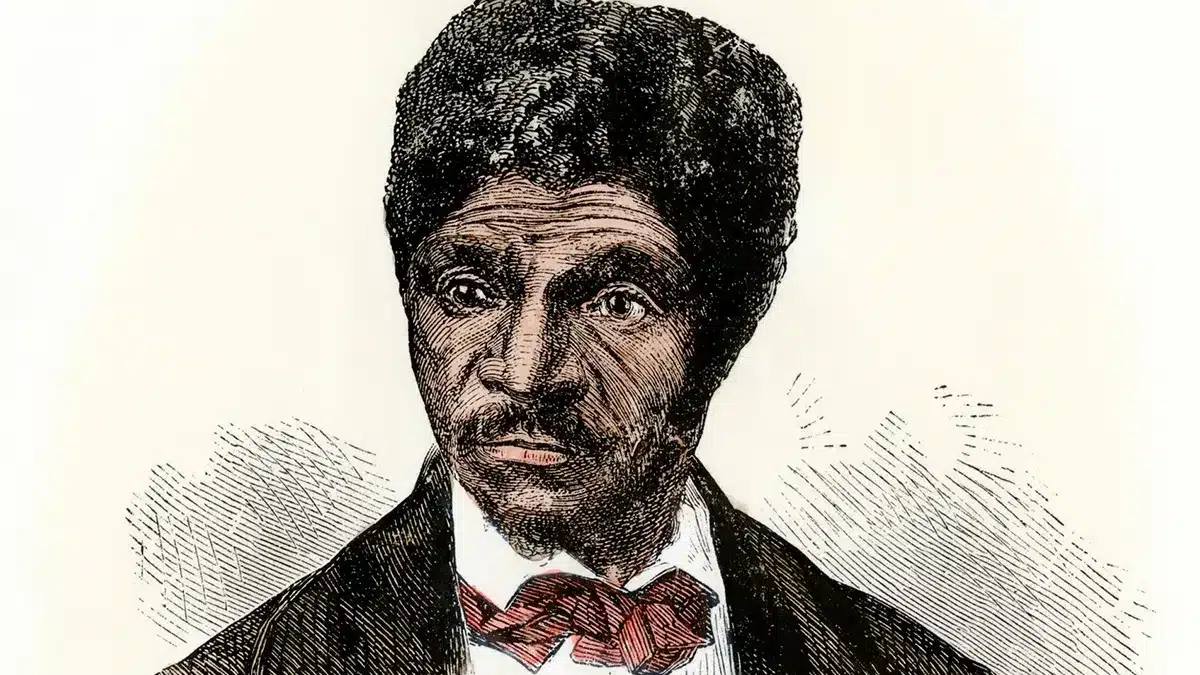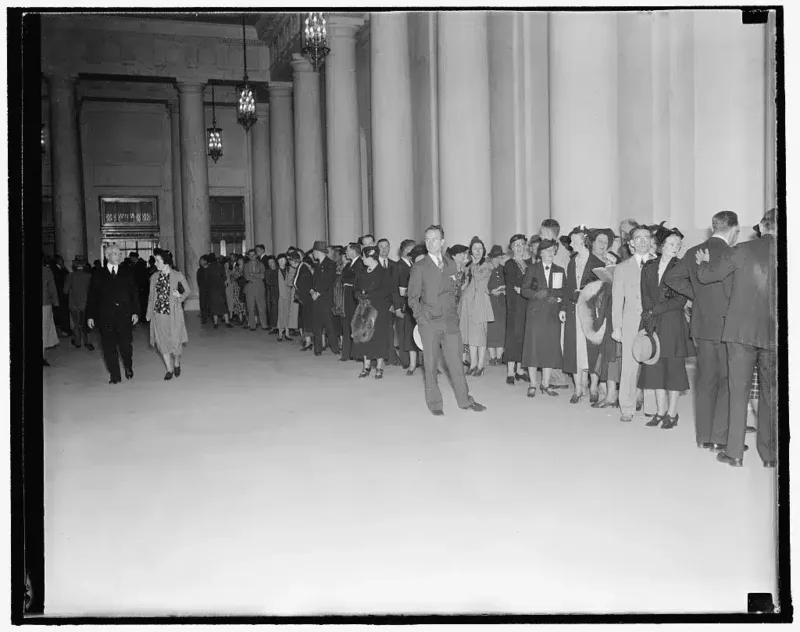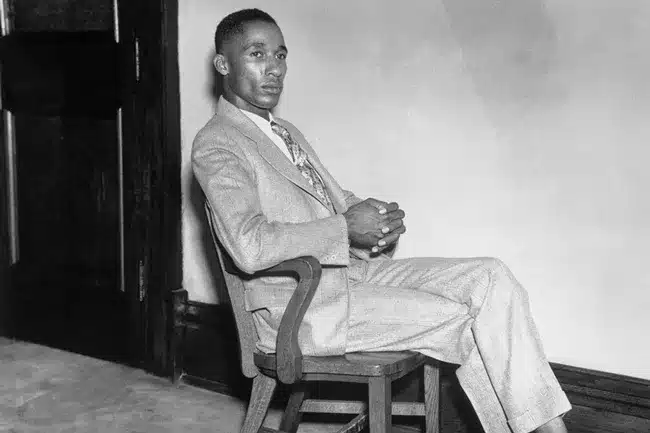The Supreme Court Rules Against Dred Scott: March 6, 1857

The Dred Scott case, formally known as Dred Scott v. Sandford, was decided by the US Supreme Court on this date in 1857. It is considered one of the most infamous Supreme Court decisions in American history. The case centered around Dred Scott, an enslaved African American man who sought freedom for himself and his family.
Scott was born into slavery in Virginia around 1799. He was owned by Peter Blow, whose family moved to Missouri, a slave state. After Blow’s death, Scott was sold to Dr. John Emerson, a U.S. Army surgeon. Emerson took Scott to various free territories, including Illinois and the Wisconsin Territory, where slavery was prohibited by the Missouri Compromise of 1820.
In 1846, after Emerson’s death, Dred Scott sued for his freedom in a Missouri court, arguing that his residence in free territories had made him a free man. The case went through several trials and appeals, notably including at the still-standing Circuit Court of St. Louis County and the Missouri Supreme Court, with mixed outcomes. Eventually, it reached the US Supreme Court.
The Court’s decision, delivered by Chief Justice Roger B. Taney, affirmed that African Americans, whether enslaved or free, were not US citizens and therefore had no right to sue in federal court. It also declared that the Missouri Compromise was unconstitutional, asserting that Congress had no authority to prohibit slavery in the territories. This meant that slavery could potentially spread into new territories, further ratcheting pre-Civil War tensions.
The Dred Scott decision intensified sectarian discourse between the North and the South over the issue of slavery, contributing to the outbreak of the Civil War a few years later. The case’s legacy is a dark chapter in American history, highlighting the deep-seated racial discrimination of the time. It was effectively overturned by the 13th and 14th Amendments to the Constitution, which abolished slavery and granted citizenship to all persons born or naturalized in the United States, including former slaves.
Related Posts
State Supreme Court Ends Deliberations on Blue Laws: March 10, 1963
On March 4, 1928, the Bunion Derby, an 84-day footrace along the 3,422 mile length of the new Route 66 began.
Missouri History Today December 24, 1839: Supreme Court Settles Heated Iowa-Missouri Border Dispute
Missouri History Today December 24, 1839: Supreme Court Settles Heated Iowa-Missouri Border Dispute
Missouri History Today December 12, 1938: Supreme Court Secures In-State Education For Black Students
Missouri History Today December 12, 1938: Supreme Court Secures In-State Education For Black Students



